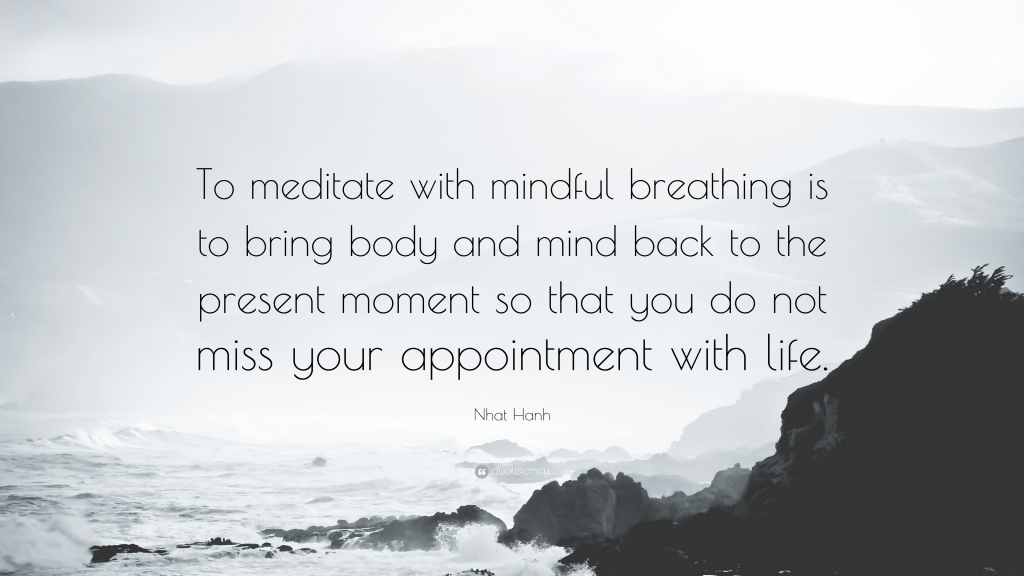[To save and read later, click here]
Mindfulness is everywhere right now – it has offered people something different in their lives which is proving to be very powerful. It has provided people with a practical solution to manage their stress and anxiety and seems to have filled a gap or void within people which may have once been filled with religion, spirituality or community. You can read more about how mindfulness works, and the benefits in my earlier blog “Anyone for Mindfulness?”.
Many people associate practising mindfulness with doing a formal practise whilst sitting in a class with a group of people or by themselves at home. While it can be very helpful and supportive to practise mindfulness in this way, the truth is, that this practice is not just about completing a course and then stopping – it is a way of life.
In this blog, I want to talk more about the informal use of mindfulness and how we can use it as a form of self-care. I recently read some literature written by Stephen Rechtschaffen about rhythms and rituals and how important they are to slow down life and connect us to the present moment. I started thinking about how rituals can be part of living mindfully, and how in this modern, fast-moving society, rituals are skipped or overlooked in favour of “doing” rather than “being”. With a societal focus on achievement, we have lost many of the cultural rituals that give us the opportunity to take a break from everyday living such as having Sunday lunch or taking part in religious festivals.
I remember during my busy days as a counsellor in higher education I would quite often eat lunch at my desk whilst writing up notes or doing some kind of admin – needless to say I felt constantly stressed. Now, I understand how important it is to change my rhythm during meal times and mindfully walk away from my office and eat in a separate area to where I am working – this helps me to take a conscious break and enjoy my food without being constantly on the go – this is self-care.
We have so many different rituals that help us slow down and change gear and shift into the present moment; for example, some people change their clothes when they come home from work, take a bath with music at the end of the day, or potter about in the garden on the weekend. Mindfulness is essentially a slowing down from the busyness of our minds and the world – it helps us connect to what is going on within us and around us – rituals help us change gear, slow down and become mindful, so that we can change pace and prepare for engaging in the next moments of our day. Perhaps you can think of some of the rituals you do on a daily basis, and next time you engage in them, be mindful when you do them – bring your attention to the sensations of the ritual and notice if your rhythm stays the same or changes.
Why is it important to slow doave no downtime or relaxation, we will feel more anxious, stressed and overwhelmed – if a computer is constantly on and working, at some point it will overheat and stop working – it is the same with us human beings. When we feel overwhelmed, stressed or anxious, we can become unwell emotionally and physically which can have long-lasting consequences.
Having said this, I do understand the resistance to slowing down for some people – our emotions can be difficult to face, and some people may want to avoid connecting with how they feel. Life speeds up when we are constantly avoiding what we are feeling by keeping busy and leaving no space for ourselves. Living authentically requires us to feel a range of emotions however difficult they may be – we cannot feel true joy if we do not allow ourselves to feel pain. Avoiding feelings can cause us to feel flat and grey inside which makes us disconnected with ourselves and the world we live in. Giving time to our rituals can help us take care of ourselves and nurture the part of us that might be struggling or feel depleted.
Some rituals for slowing down.
- Take a few mini-breaks during the day to concentrate on breathing.
- Get to work meetings early so you can compose yourself before the others arrive.
- Pause after you finish one project or activity before starting another. If possible, make the pause last for several minutes.
- Whilst waiting for a lift, the photocopier to finish, the bus/train to arrive, time-shift into the present and connect to your senses instead of feeling the rush or anxiety of waiting.
- On your calendar, make appointments with yourself. Use this time for planning, napping or simply breathing and thought.
- Eat meals in a separate space to where you work.
- Go for a walk at lunchtime and connect with the space around you.
- After a vacation, plan a day of transition before you go back to work.
- Take a wellbeing day now and then.
If you would like to try some mindfulness, why not register for my 8-week online mindfulness course called “Mindfulness for Transformation”? Transform your life with mindfulness, so that you do not miss your appointment with life.

